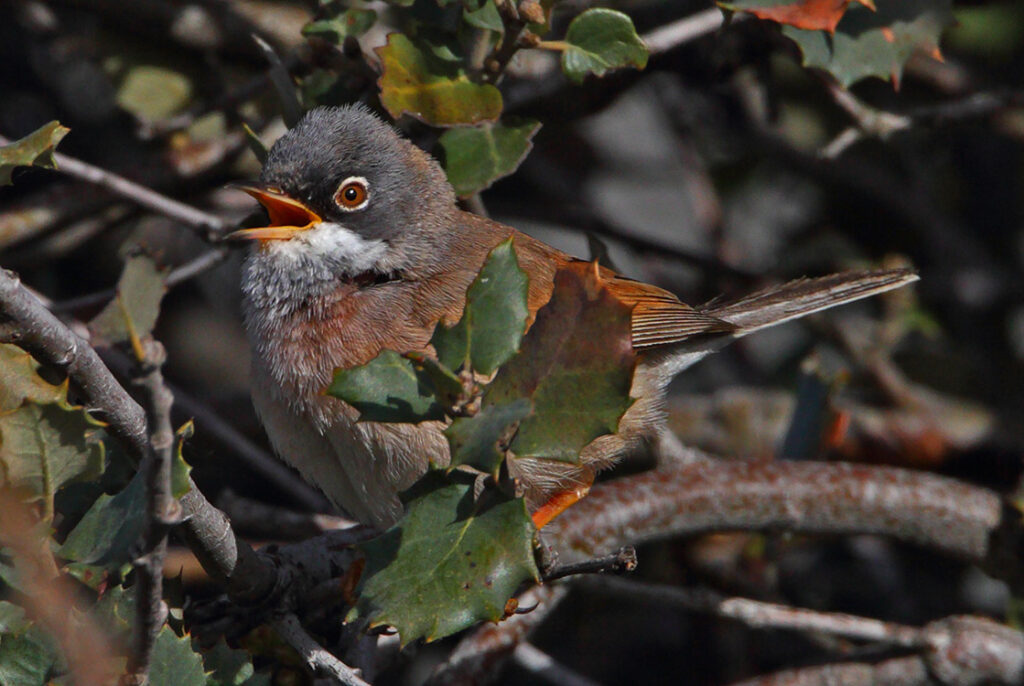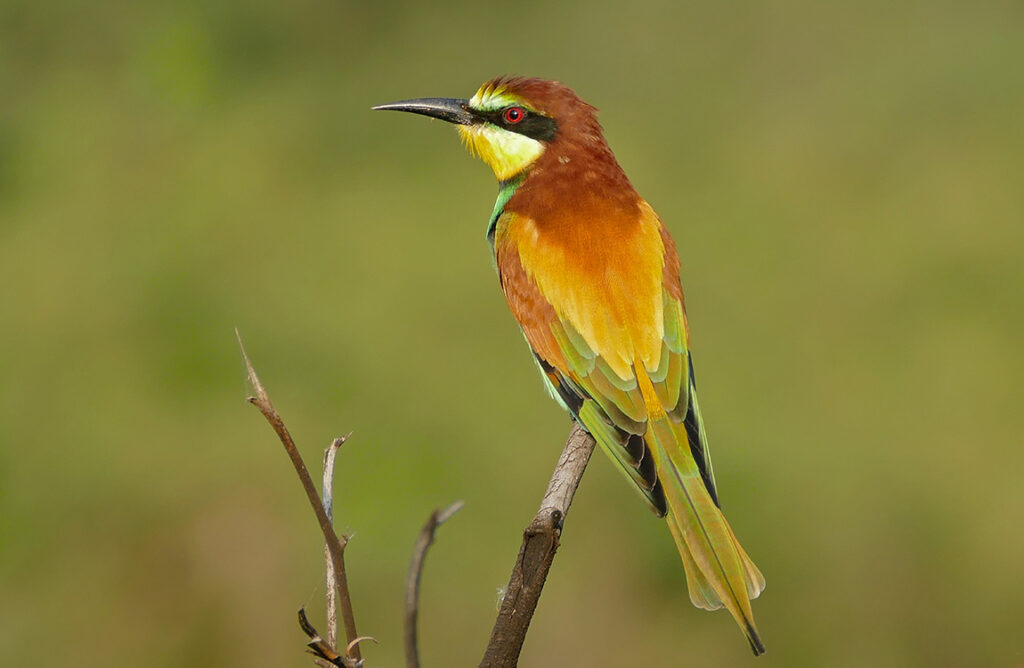The Portuguese society for the study of birds (SPE) is looking for volunteers to join Portugal’s 2021 common bird census
The nationwide bird census is described by SPEA as a “citizen science project” which relies on the contribution of volunteers to gather important information about the country’s common bird population.
“It is important because these common species are a large part of our ecosystems, but because they are not endangered, there is not as much focus on them, meaning we do not have enough information about their population numbers and trends,” Hany Alonso, Data Management & Cartography Officer at SPEA, told us. The project is also educational for its participants, he said, adding that it helps raise awareness about these species and the environment. But can anyone sign up as a volunteer? According to Alonso, SPEA is always open to helping people learn more about birdwatching, although some knowledge and experience are required to take part in the census.
As he explained, census volunteers must be able to identify and distinguish at least the most common bird species. “For those who do want to learn, we often organise training courses and webinars to help people get started,” he said.
Alonso explained that SPEA wants to reach out to the foreign community in Portugal, particularly in the Algarve as he knows there are several foreigners living in the region who are adept birdwatchers. “The Algarve is one of the most interesting regions in Portugal, with many different habitats which provide great opportunities for birdwatchers,” said Alonso, adding that the region is also home to many Important Bird Areas (IBAs) — areas identified by Birdlife International as being of international significance for the conservation of birds and other biodiversity.
The census is national, however, and anyone in any part of Portugal can sign up. This is how it works: the census is carried out during the spring and each volunteer is assigned a certain area with 20 designated spots where birdwatchers are asked to remain for five minutes, registering which bird species they are able to see and/or hear and how many. Depending on the habit, a birdwatcher can spot up to 15 to 20 bird species in just one outing, said Alonso.
Birdwatching outings are always held in the morning when the “birds are most active”, he explained. He added that the data is then shared with researchers, other projects, and even European partners. “It is an important contribution for Portugal,” he said. While the focus is on common bird species, Alonso said that sightings of rarer species should also be reported.














